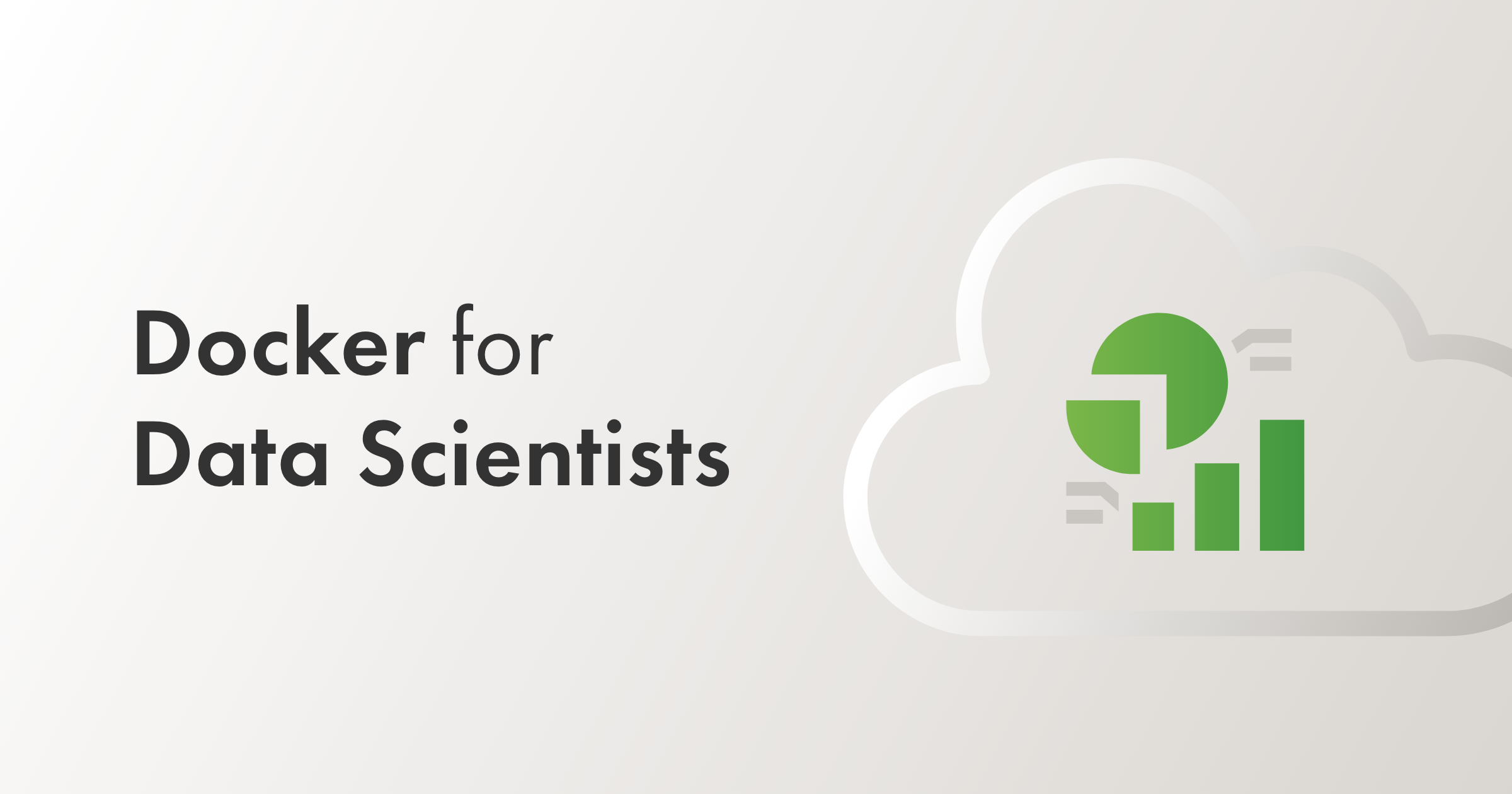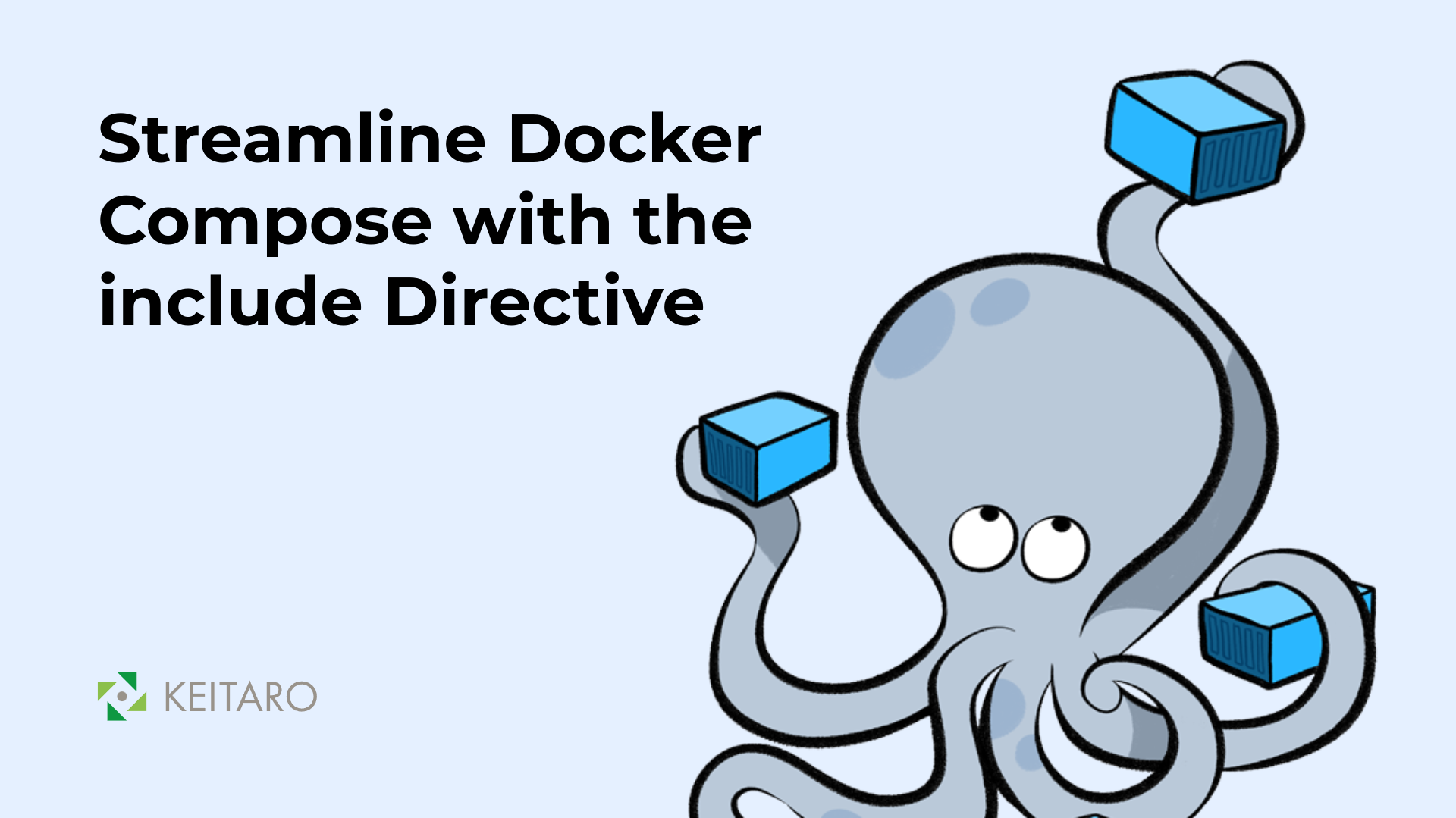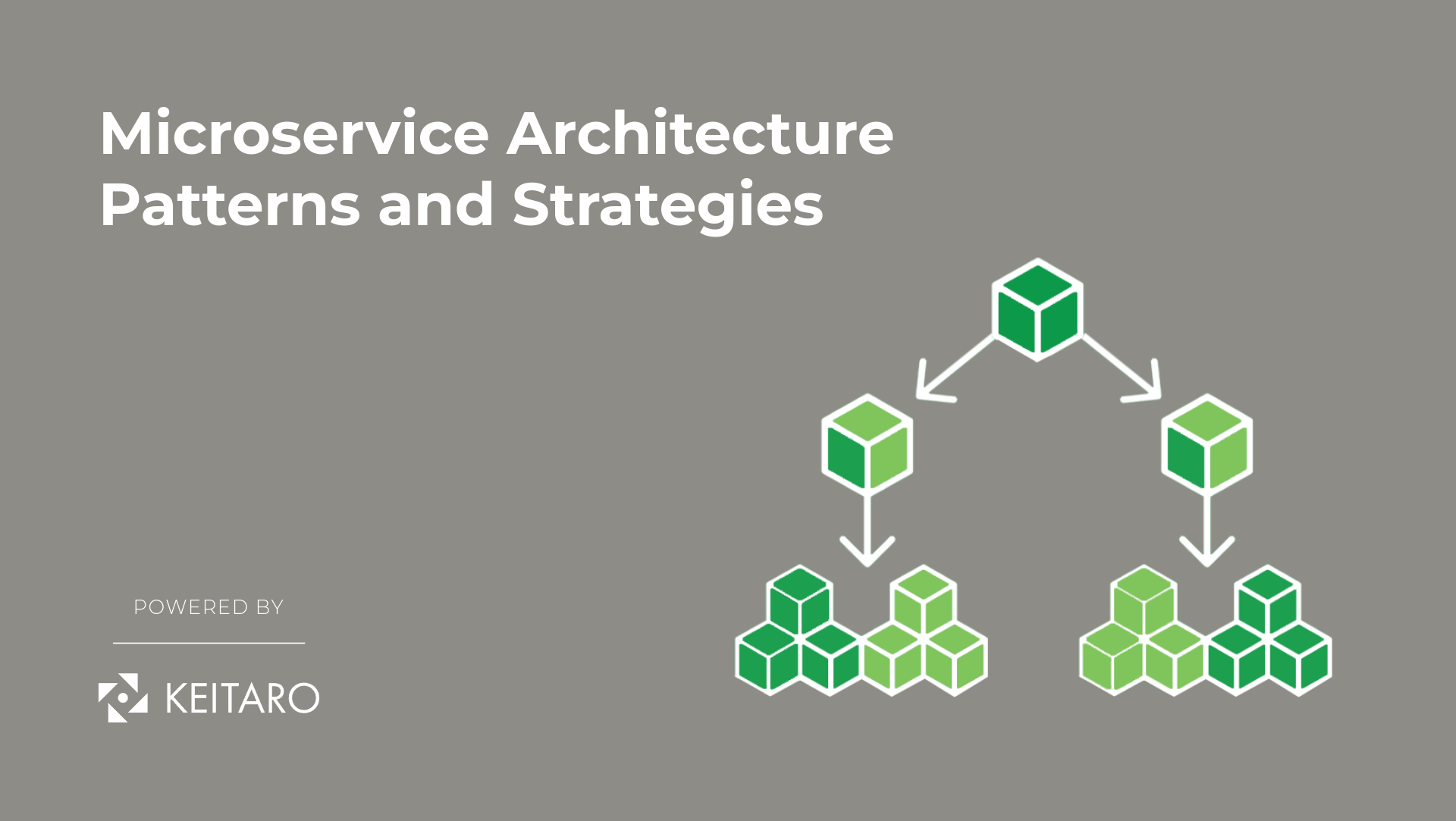In the current fast-paced and agile environment, software firms are under great pressure to deliver new functionalities and applications in order to respond quickly to customer needs. This requires data scientists and developers to continuously work on new models, functionalities, or applications. But an effective model or application requires multiple deployment iterations, quick changes, frequent testing, etc. In addition, data scientists also have to resolve compatibility issues of models when they are run in the production environment. Such issues are mostly due to different computing environments between development and production platforms.
Ideally, both the developer’s computing systems and production systems should be the same, but it is often not possible in the real world. But data scientists can ensure that if the model runs in their setup, it will run in all other machines with the help of Docker. Docker is a software container platform that helps in creating and deploying isolated environments for running models or applications along with their dependencies.
How can Docker help Data Scientists?
The main area where Docker helps data scientists is in the deployment stage as it makes deployment simple and efficient. Basically, it makes it easy to build and run applications/codes on other systems running on different operating systems by gathering the code and dependencies into a container. Docker containers offer the code a self-contained environment that is OS-independent.
So, what data scientists will do is package the application, including all its parts such as libraries, components, and other dependencies, into a Docker container. Afterwards, Docker will handle the shipping on those containers to other platforms, such as testing and production environments. This way, data scientists don’t have to deal with numerous deployment issues.
First, the data scientist will create a Dockerfile, a text document that outlines all the requirements (model, libraries, and other dependencies) to create a Docker image. A Docker image is a read-only template that provides all the instructions required to create a Docker container (or application) to run on the Docker platform. Therefore, Docker containers are runtime instances of Docker images. So, the testing or production team can use Docker images to create a Docker container for any OS and let the application run inside the container. From the data science environment to testing and production environments, everyone is running the same Docker container so deployments are faster and more efficient.
Some of the key advantages of Docker for data scientists include:
- Deploy Anywhere: Data scientists have to test their containerized application in one system only. If it works in one system, it will work on all other systems that are running Docker. So, Docker facilitates automation in deployment and removes the common “works on my machine” issues.
- Agile and Responsive: Containerized applications significantly reduce the testing and deployment time. Therefore, Docker makes the development process more agile, while data scientists experience enhancement in continuous integration (CI) and continuous delivery (CD) processes.
- Independent: Data scientists just need to build an application only once and it will run inside its container without interfering with other applications.
When using a Docker container, Dockerfile, and Docker image, data scientists are also actively involved with Docker Hub.
What is Docker Hub?
Docker Hub is a cloud-based repository where Docker users, software vendors, and community developers build, test, store, and distribute container images. Docker Hub empowers users to access open-source, public image repositories and set up their private repositories for sharing with their teams. For data scientists, Docker Hub is the ideal library to search or share container images and enhance their development and deployment efficiency.
Conclusion
Since the fast-paced world expects a lot from data scientists, Docker and its containerized application framework is a game-changer for them. In a nutshell, Docker serves as the true companion for data scientists, helping them develop, test, and deploy their models and applications in a more efficient, agile, fast, portable, and responsive manner.



